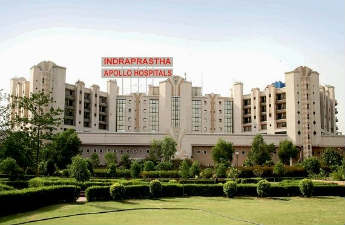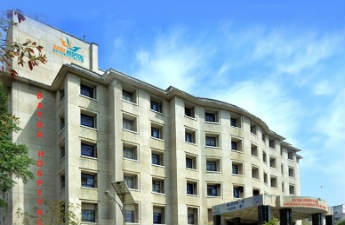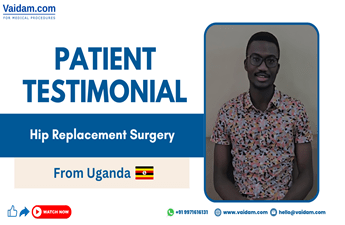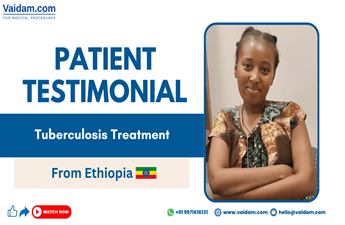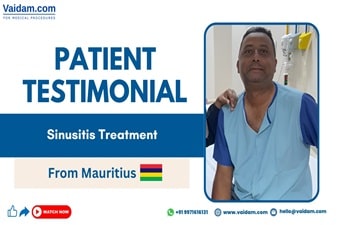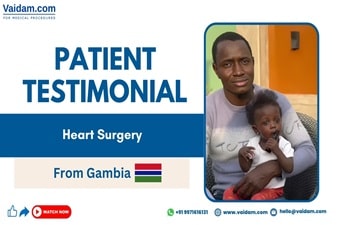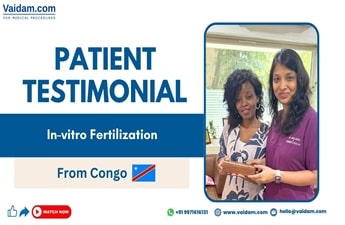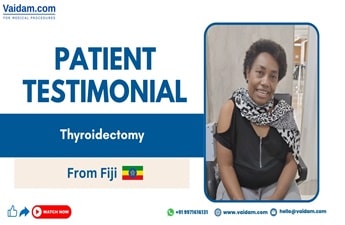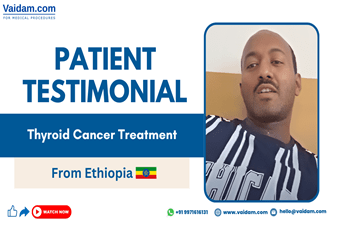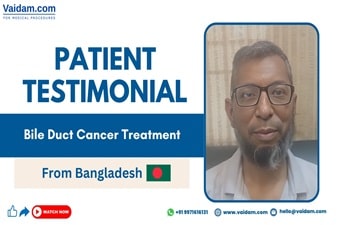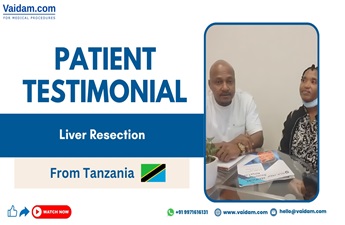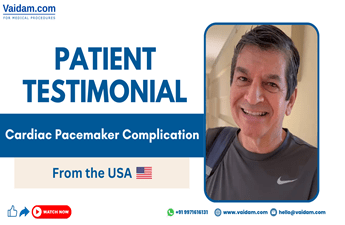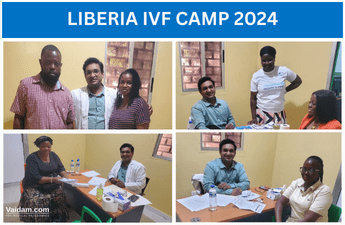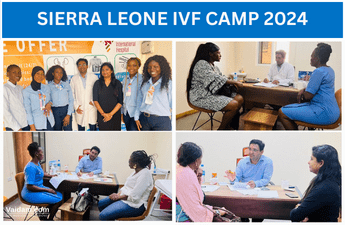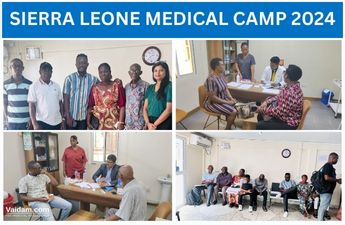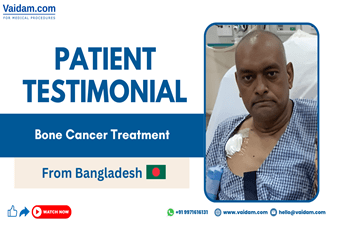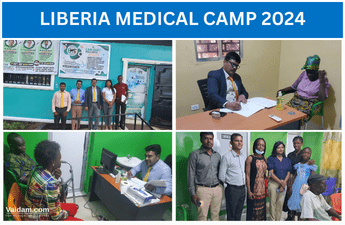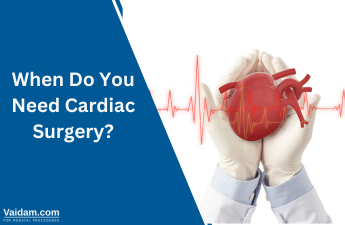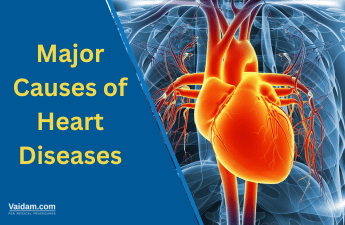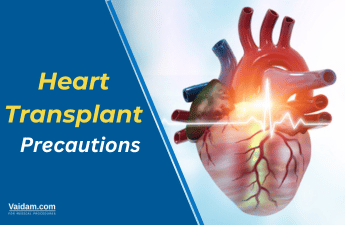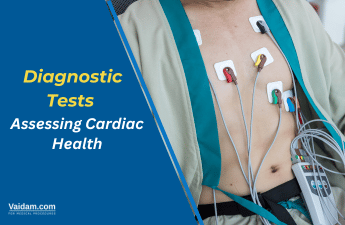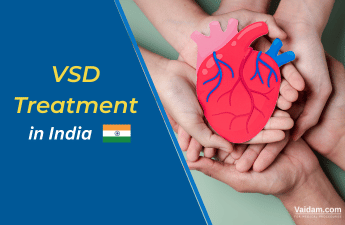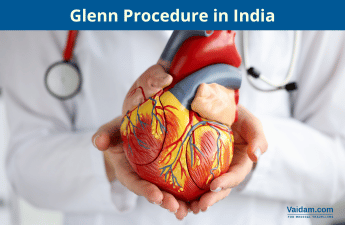Interventional Cardiology is a subspecialty of cardiology. Interventional Cardiology has revolutionized the treatments of cardiovascular disorders, beginning with the heart and now extending to vascular therapy from head to toe. Dr P. K Khanna is the best Interventional Cardiologist in New Delhi, India. He has more than 35 years of experience in this noble service. He has treated thousands of patients in his career.

He is currently associated as an Emeritus Consultant in the Department of Cardiology at Sri Gangaram Hospital, New Delhi. He is specialized in various Cardiological diseases, Adult Cardiology. He is bestowed with the prestigious FACC Fellowship. He completed his MBBS and then followed by MD and DM in the field of interventional cardiology.
He provides expert treatment for the diseases like Congenital Heart Defects, Coronary Artery Diseases, Heart Failures, Valvular Heart Diseases. Cerebrovascular Disease, Electrophysiology, Rheumatic Heart Disease, Hypertensive Heart Disease, Ischemic Heart Disease, Inflammatory Heart Disease and many more.
Myocarditis (Inflammatory Heart Disease)
Myocarditis is a heart muscle inflammation (myocardium). The inflammation can impair your heart's capacity to pump blood and produce fast or irregular heartbeats (arrhythmias).
Myocarditis is generally caused by a viral infection. Myocarditis can sometimes be caused by a medication response or be part of a larger inflammatory disease. Chest discomfort, tiredness, shortness of breath, and fast or irregular heartbeats are all signs and symptoms.

Severe myocarditis weakens your heart, causing the rest of your body to get insufficient blood. Clots in the heart can cause a stroke or heart attack. The treatment for myocarditis is determined by the cause.
Symptoms
If you have myocarditis in its early stages, you may experience minor symptoms such as chest discomfort, fast or irregular heartbeats, or shortness of breath. Some patients with early-stage myocarditis have no symptoms at all.
Depending on the origin of the disease, the signs and symptoms of myocarditis differ. The following are common myocarditis signs and symptoms:
- Chest ache
- A rapid or irregular pulse (arrhythmias)
- Breathing difficulties, whether at rest or during exercise
- Swelling of your legs, ankles, and feet due to fluid accumulation
- Fatigue
Other symptoms of a viral infection include a headache, muscle pains, joint discomfort, fever, a sore throat, and diarrhoea.
Myocarditis symptoms might mimic those of a heart attack. Seek emergency medical attention if you are experiencing inexplicable chest discomfort and shortness of breath.
Causes
The origin of myocarditis is commonly undetermined. There are several probable reasons, but the chance of getting myocarditis is quite low. Myocarditis can be caused by a variety of factors, including:
- Viruses. Many viruses have been linked to myocarditis, including the viruses that cause the common cold (adenovirus); COVID-19; hepatitis B and C; parvovirus, which produces a minor rash in children (fifth illness); and herpes simplex virus.
- Myocarditis can also be caused by gastrointestinal infections (echoviruses), mononucleosis (Epstein-Barr virus), and German measles (rubella). It is also prevalent in persons infected with HIV, the virus that causes AIDS.
- Bacteria. Staphylococcus aureus, streptococcus, the bacterium that causes diphtheria, and the tick-borne bacterium that causes Lyme disease are all bacteria that can cause myocarditis.
- Parasites. Among them are parasites like Trypanosoma cruzi and Toxoplasma, as well as others that are spread by insects and can cause Chagas disease. Chagas disease is far more frequent in Central and South America than in the United States, although it can infect visitors and immigrants from that region.
- Fungi. Yeast infections, such as candida; moulds, such as aspergillus; and other fungi, such as Histoplasma, which are frequently found in bird droppings, can occasionally cause myocarditis, especially in persons with weaker immune systems.
Myocarditis can also occur if you are exposed to:
- Medications or illicit substances that might result in an allergic or hazardous response. These include cancer medicines, antibiotics such as penicillin and sulfonamide pharmaceuticals, anti-seizure medications, and illicit narcotics such as cocaine.
- Either chemicals or radiation. Myocarditis can be caused by exposure to certain substances, such as carbon monoxide, and radiation.
- Other illnesses. Lupus, Wegener's granulomatosis, giant cell arteritis, and Takayasu's arteritis are examples of these.
Complications
Myocarditis usually resolves without causing long-term problems. Severe myocarditis, on the other hand, can permanently damage your heart muscle, perhaps leading to cardiac failure.
- Myocarditis, if left untreated, can cause muscular damage in your heart, preventing it from properly pumping blood. Myocarditis-related heart failure may need the use of a ventricular assist device or a heart transplant in extreme instances.
- Stroke or heart attack If the muscle in your heart is damaged and unable to pump blood, the blood that accumulates in your heart might form clots. A heart attack can occur if a clot clogs one of your heart's arteries. A stroke can occur if a blood clot in your heart travels to an artery leading to your brain.
- Heartbeats that are too fast or too irregular (arrhythmias). An irregular cardiac rhythm can be caused by damage to your heart muscle.
- Unforeseen cardiac death. Certain severe arrhythmias can stop your heart from beating (sudden cardiac arrest). If not treated quickly, it is fatal.
Prevention
Myocarditis has no particular treatment. However, adopting the following precautions to avoid infection may be beneficial:
- People who have a viral or flu-like disease should be avoided until they have recovered. If you have signs of a viral illness, try not to expose others.
- Maintain good hygiene. Hand washing on a regular basis can help prevent the spread of disease.
- Avoid high-risk habits. Avoid using illicit substances and practise safe sex to minimise your risk of contracting an HIV-related cardiac infection.
- Reduce your tick exposure. Wear long-sleeved shirts and long pants to protect as much of your skin as possible if you spend time in tick-infested locations. Use DEET-containing tick and insect repellents.
- Get your vaccinations. Maintain current vaccinations, especially those that protect against COVID-19, rubella, and influenza – illnesses that can cause myocarditis.







